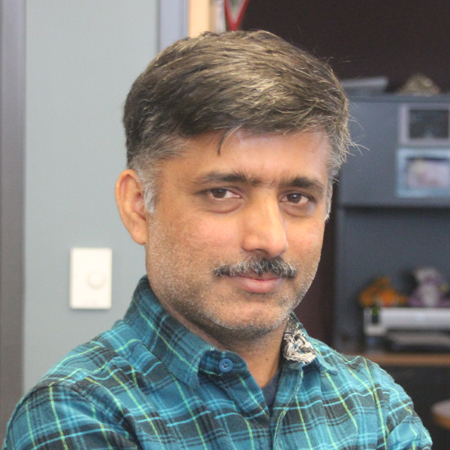Opinion
Hope to see you soon
The resettlement of Bhutanese refugees gave them a good life, but it also separated families.
Buddha Mani Dhakal
As relieving as it is for us to have found a new home through the third country resettlement of Bhutanese refugees in Nepal, it has left many in lasting pain due to separation from their family members. My own family was torn apart during the resettlement process. In 2018, I had to make one of the hardest decisions in my life: Choose between visiting my family somewhere on the Indo-Bhutan border or continue to keep my local government job in the US. I am a naturalised American citizen, but the government of Bhutan wouldn’t allow me to meet them in my family home in Bhutan.
When a deal was made for the third-country resettlement of over 100,000 Bhutanese refugees and officially announced in 2007, many expressed scepticism that the process would go smoothly. It was a relief to many refugees who had lost hope of returning home. For some it brought bewilderment as the families left behind in Bhutan and a few settled in India would be torn apart.
Family separation
It appears that the government of Nepal was not prepared to address the family separation issue. Neither had it thought it through nor anticipated family separation could deteriorate mental health conditions as a consequence in a post-resettlement scenario. For the families left behind in Bhutan, there was no way to include them in the screening process conducted by the International Organisation for Migration.
Although a general notice was made public to the camp administration that all families temporarily living in Nepal or India should be called back to camp to obtain refugee identification cards, many were unaware of it, nor could families in Bhutan join the process. Gradually, those living in the Indian states of Assam and West Bengal obtained the cards, and they were resettled together with their families.
In Nepal, harsh living conditions coupled with targeted actions against assimilated refugees led them to opt for resettlement after repeated registration exercises by the UN Refugee Agency. For a majority of the elderly, resettlement in the Western world that was completely unknown to them was a hard choice. Left behind in the camps, they are facing the anxiety of separation, loneliness and neglect. They made the wrong choice when they were offered a chance for a better life, and now they have to live with this blame. Those who chose resettlement with their families too are not in good mental health.
A large extended family that lived in Beldangi 1 and Goldhap camps was divided between the US and Australia. Those who resettled in Australia have their octogenarian mother with dementia living with them. A father who died in 2015 in the Netherlands has two sons still living in Bhutan. When they were in Beldangi camp, they used to meet occasionally. After resettlement, they lived too far apart to meet even once a year.
A journalist from Bhutan finally got a US visa in 2017 after several attempts, and he got to reunite with his parents who are resettled in Pennsylvania. An 87-year-old mother living with her younger son in the US cannot meet her elder son and only daughter left behind in Bhutan more than 12,000 km away on the other side of the northern hemisphere. An octogenarian father living with a grandson in Beldangi camp has a son in Bhutan. Two other sons and two daughters are in the US. The father wishes to return home to Bhutan to die. The grandson, married to a local Nepali woman, is bewildered. These are just a few snapshots of how families have been torn apart due to resettlement.
A great deal of confusion and contradictions occurred among the families as to which place to go. Almost all refugees had never flown in an aeroplane. When relatives met to see off departing family members, there was great anxiety and uncertainty. Every day, hundreds gathered around the buses of the International Organisation for Migration carrying refugees to Chandragadhi airport. Sounds of sobbing and crying rent the air as loved ones boarded the bus to be transported to an unfamiliar destination. Fear of being separated forever loomed large.
Family reunion
The UN Refugee Agency and recipient countries are used to seeing refugees, asylees and migrants starting on a new journey. They don't really care about family separation, desperation and the deep fear of uncertainty. For those resettled in the US, the Citizenship and Immigration Services has a programme in place to expedite the reunion of immediate family members if they are living outside their home country. This arrangement is not very useful for the reunion of Bhutanese families who are left behind in the remote villages of Bhutan.
A few government officers, UN employees in Thimphu and some students have been taking the opportunity to visit their families during their study or conference tour in the US and Australia. Obviously, people have become wealthier and empowered compared to when they were living in refugee camps. Yet, this does not guarantee psychological and emotional wellbeing while families are torn apart with minimal chance of seeing each other again.
Dhakal, a former chief editor of the Bhutan News Service, resettled in Louisville, Kentucky in 2009.




 9.7°C Kathmandu
9.7°C Kathmandu










